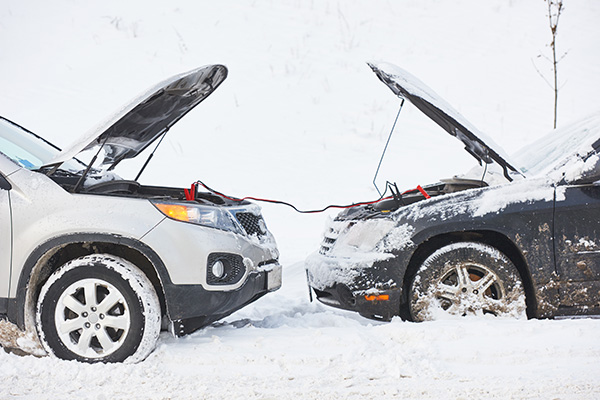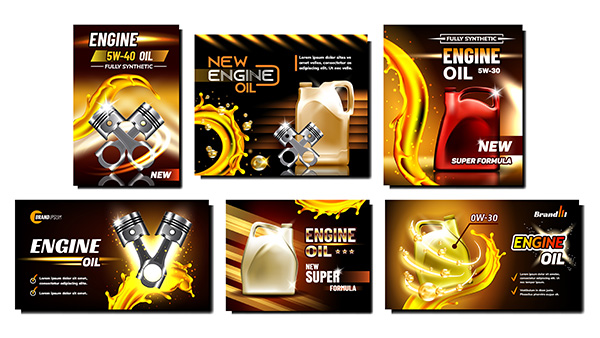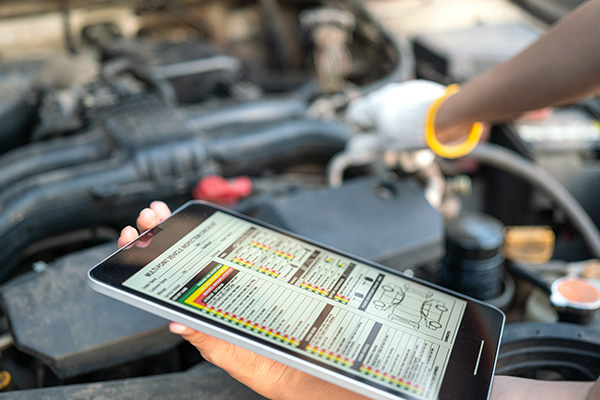Posted on 1/30/2026

Cold weather has a knack for exposing a battery that was already living on borrowed time. One day the car starts normally, the next morning it cranks slowly or barely clicks. You boost it, it runs, and you think you’re back to normal. Then the same thing happens again. That pattern usually means the battery is weak, the charging system is not keeping up, or the car is losing power while it sits. Winter just makes the gap impossible to ignore. Why Batteries Struggle When Temperatures Drop A battery’s chemical reaction slows down in the cold. That means it produces less power at the exact time the engine needs more effort to crank. Cold oil is thicker, internal friction is higher, and the starter has to work harder. Add headlights, rear defrost, heater fan, and seat heaters, and you’re asking a lot from a battery that may already be tired. A battery can test okay in mild weather and still fail in winter because there’s no reserve l ... read more
Posted on 12/19/2025

When you stand in front of the oil shelf, every jug claims to protect better, clean better, or last longer than the one beside it. It is easy to wonder whether brand actually matters or if they are all basically the same. The truth sits somewhere in the middle. The logo on the bottle is less important than the specifications on the label, but there are still real differences in how oils are blended and how well they suit your particular engine and driving style. What Engine Oil Is Really Doing Inside Your Engine Oil has more jobs than most drivers realize. It creates a protective film between moving parts, carries heat away from hot spots, suspends contaminants, and helps keep internal surfaces clean. It needs to flow quickly on cold starts, stay stable when hot, and resist breaking down over thousands of miles. Inside modern engines, oil also feeds systems like variable valve timing and sometimes turbochargers. Small passages rely on the right viscosit ... read more
Posted on 11/28/2025

Most drivers expect two things from a service visit. They want to know what the car needs, and they want to see why. A digital vehicle inspection, often called a DVI, does both. It gives you photos, short videos, and clear notes from a technician, so decisions feel simple instead of stressful. You can review the report on your phone, share it with a family member, and ask questions with everything in front of you. What a Digital Vehicle Inspection IncludesA DVI follows a set checklist that covers safety, maintenance, and any concerns you mention at drop off. The technician documents tire tread and age, brake pad thickness, rotor condition, fluid levels and health, battery status, suspension wear points, lights, filters, belts, and leaks. You will see exact measurements rather than vague terms. Tread depth readings across the inner, center, and outer ribs Pad th ... read more
Posted on 10/31/2025

Wheel bearings are small, tough components that sit inside your vehicle’s wheel hub assembly. Their main job is to allow the wheels to rotate smoothly while supporting the weight of the vehicle. Each wheel has its own bearing, and it plays a key role in steering, stability, and even braking. When a wheel bearing starts to fail, it doesn’t usually break all at once. Instead, it sends out subtle warning signs. Catching those signs on time will help you avoid breakdowns and save on repairs. Early Warning Signs of a Bad Wheel Bearing Most wheel bearing problems start with noise. You may hear a low growl or hum that changes with speed. It might sound like tire noise at first, but it gets louder the faster you go. If the sound gets worse when turning or leaning toward one side, that’s another strong clue. The noise usually comes from the side of the vehicle with the failing bearing. You might also feel ... read more
Posted on 9/26/2025

Autumn brings cooler temperatures, vibrant colors, and falling leaves—but for your car’s paint, it can also bring trouble. Leaves, tree sap, and other seasonal debris may seem harmless at first, but if left on your vehicle’s surface, they can cause stains, scratches, and even permanent damage to the finish. Taking a few preventative steps during this time of year can save you from costly paint repairs and help keep your car looking its best. Why Leaves Can Damage Your Paint Falling leaves aren’t just pretty decorations. When they land on your car, especially after rain or damp weather, they can trap moisture against the surface. Over time, this can lead to water spots or even paint etching. Leaves also contain natural tannins and acids that can stain the clear coat if they sit too long. Combine that with dirt, pollen, and tiny abrasive particles that get trapped underneath, and you have the perfect recipe for scratches and discol ... read more